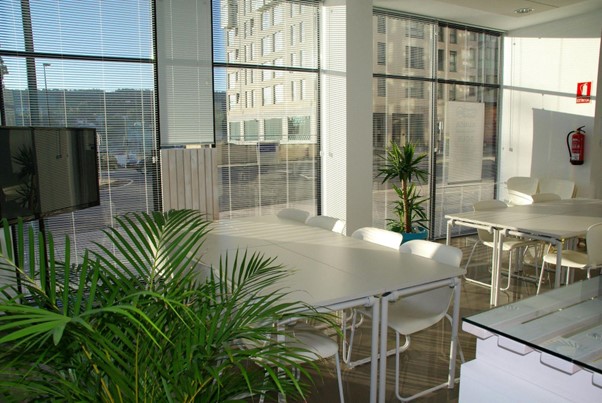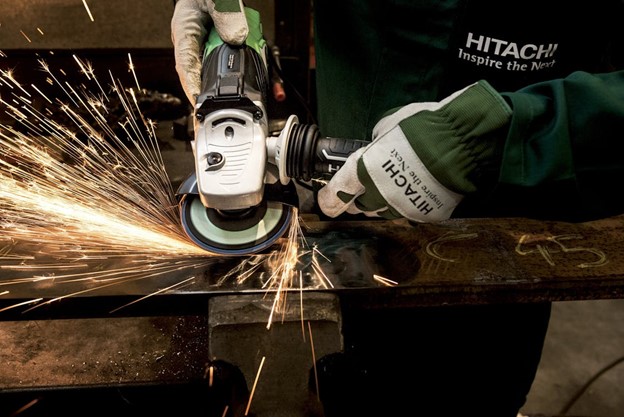My blog focuses on Organizational/Management and Workplace Discussions. When you’re in management, your success is dependent upon that of your staff. It’s likewise to important understand how to set them up to thrive. The following contributed post is entitled, Proven Ways To Build A Workplace Where Employee Wellness Thrives.
* * *

https://unsplash.com/photos/four-professionals-in-business-attire-stand-together-gItonyvrdUA
Employee wellness mainly comes down to the way companies shape daily operations. If work feels and flows positively, everyone involved will get a huge boost. Anyone building a business must consider the well-being of their staff. By building a business that energizes rather than drains, you will have a group that is more committed. Here are a few proven ways to build a workplace where well-being thrives:
Designing Around Energy
While your workplace should have a sense of structure around hours and each task, it wouldn’t hurt to also prioritize energy and the way people behave. With flexible ideas that respect their focus and recovery, you will definitely improve wellness. By giving employees more autonomy with their work, they’ll feel less negative about taking a rest from time to time. They’ll have a more sustainable way of working and will be less prone to burning out. Healthy pacing can be incredibly pivotal for businesses and the staff members involved.
Help With Health And Nutrition
This kind of thing isn’t something you’d immediately associate with an employer, but it will certainly benefit everyone involved. By helping staff members out with their nutrition knowledge and many other related areas, you will put them in a much better spot. You’ll help to keep them switched on and productive with the right steps. You’ll also allow them to feel fitter and more positive about themselves. Their mood and energy levels will also feel the benefit. Nutrition sessions and other workshop offers can be introduced in order to allow staff members to learn and improve without judgment. Any kind of support that teaches and helps development is seen in a positive light.
Embed Psychological Safety Into Daily Work
Employees want to head into work and complete their tasks. They want a productive day that is both rewarding and socially satisfying. Nobody wants to head into work feeling as though things are going to go wrong. If you can give them the psychological safety net they need, their overall well-being will flourish. With mental safety, they will feel as though they can have honest conversations about stress and workload without being penalized in any way. You’ll reduce friction by listening to what they say and adjusting things where possible. If their feedback leads to genuine change, they’ll feel as though their well-being is protected each day.
Encourage Activity Without Disrupting Productivity
Movement is great for mental clarity. Boosting circulation is always helpful for positivity and productivity. By countering sedentary patterns linked to certain sit-down jobs, you will improve wellness almost instantly. Even the subtlest design choices and prompts can help. While sitting down all day can actually be pretty helpful when we’re tired, we need to move most days, and workplace activities can be incredibly rewarding. Changes such as walkable meetings and stretch breaks may seem odd initially, but they allow people to move without completely messing up productivity. Physical comfort will ultimately support cognitive focus and stamina. Your team will be more creative and will feel more likely to engage.











